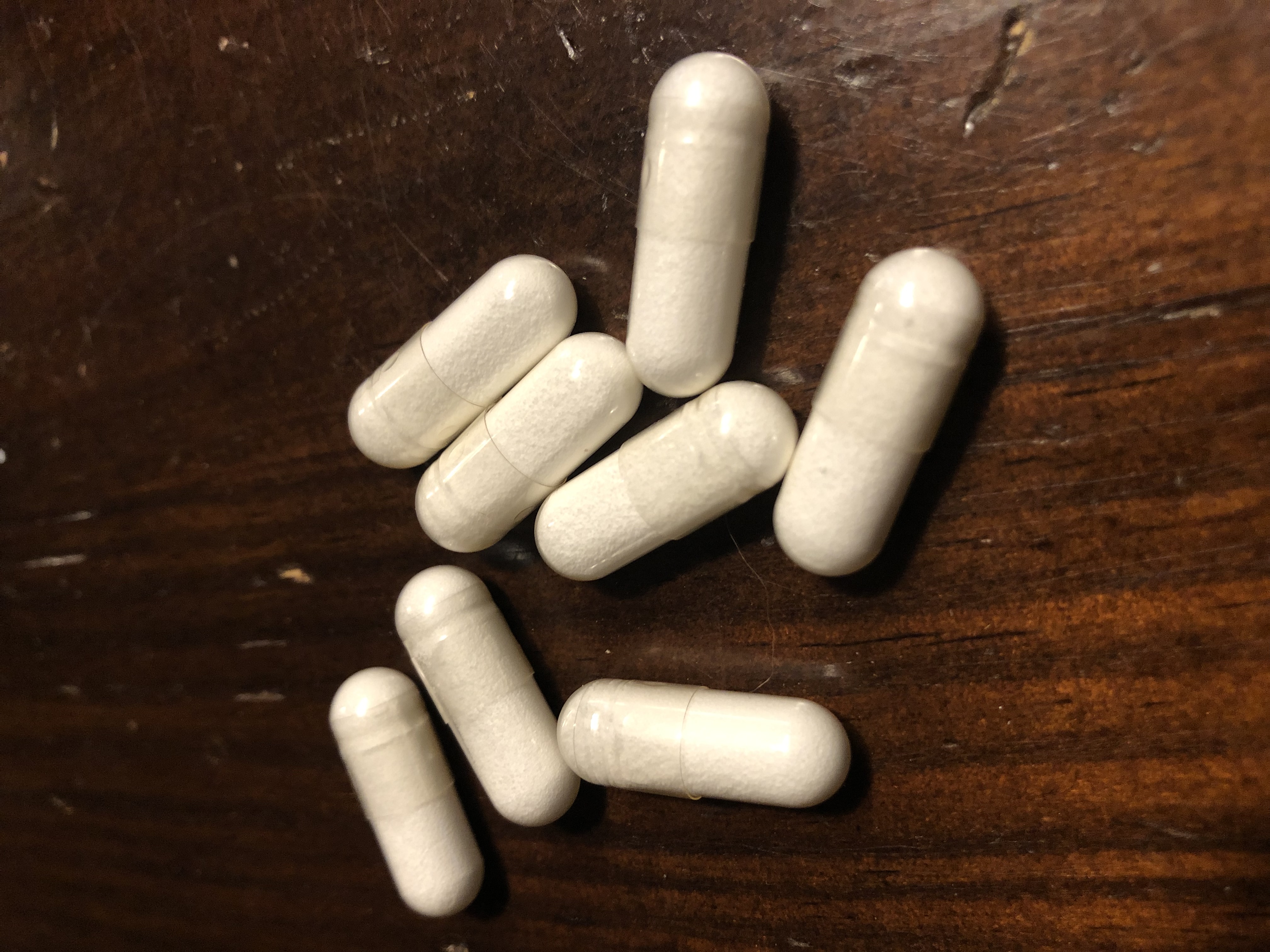Vitamin B12 | What are the Potential Benefits?
Mar 1st 2024

When one thinks of the most often-talked-about B vitamin, vitamin B12, they tend to think of this vitamin’s most popular benefit (or side effect) of increased energy. In fact, some even opt to get regular injections of this vitamin in the form of injections administered once a month or at other designated intervals depending on deficiency or specific needs.
Energy
The primary reason people take vitamin B12 supplements, or take the more radical route of getting regular injections, is for its renowned impact on energy levels. Anyone who is deficient in this important vitamin will immediately feel the difference in their energy levels when they begin supplementing with the vitamin.
It’s no surprise that energy is one of the most sought after effects of any type of supplement, food or drink out there. Much of the population is impacted by lack of energy, whether it be on a consistent basis or fleeting. This can happen to anyone regardless of diet or lifestyle (although there are certainly lifestyle habits that can improve energy levels).Related: B Vitamin Family - Hair, Skin, Energy and More
How does vitamin B12 improve energy exactly? As with many other vital nutrients, it’s not the effect of the vitamin itself, it’s the domino or chain effect it creates down the line of bodily functions that helps boost energy. Without getting too technical, B12 helps us to more effectively and efficiently convert food, specifically carbohydrates, into energy.
Mood
Closely related to energy I believe, is the vitamin’s impact on mood. Much like B12 has a stimulating effect on other dependent chemical reactions that “make things work” in the body, it also has an impact on an important mood-regulating hormone.
That hormone is serotonin. B12 is needed as what’s called a cofactor in the creation of this important mood-regulating chemical. Without adequate production of serotonin, feelings of depression can creep in. Depression and energy are closely related so it’s no surprise that this vitamin has important roles in the production of enabling chemicals for both of these important life-enhancing states. Related: Intro to Red Light Therapy Experience
Brain function
As we get older, our brain naturally loses some of its ability to focus and even sometimes problem solve. Sure, there are ways we can ensure this process is slowed down by consistently exercising and challenging our brains. However, there may be other things at play when it comes to optimal brain function that we can help by supplementing with B12 and other nutrients.
Vitamins and other nutrients support the overall chemical processes and chain reactions that need to occur in order for our brain to keep firing as rapidly as it should be. That “quickness” that comes with youth in the ability to rapidly problem solve and absorb information may aid in preserving and even improved by adding Vitamin B12 to the mix.
Results in studies so far are mixed, and seem to show the B12 supplementation helps people who are already cognitively hindered, but the results are inconclusive as to whether it helps improve people who don’t have cognitive decline already.
Weight Loss
Weight loss and healthy weight maintenance is important to our overall well being and longevity goals. B12 may help support the goal of a healthy weight range by supporting energy, but it also may play another important role in weight management.
Since it a crucial vitamin in converting carbohydrates into energy, it may help to boost overall metabolism and efficient utilization of caloric intake. In other words, it can help you to use the calories you consume in an efficient and effective manner, leaving little to waste metabolically. This can make your body an overall more efficient calorie-usage machine. Related: Why Magnesium is so Important to Your Overall Health
Emotional Well Being
B 12 has also been looked at for cognitive functions and mental health, beyond just mood. It is thought that it may have a role in helping treat more serious mental illness and chemical imbalances, although this type of research is ongoing.

